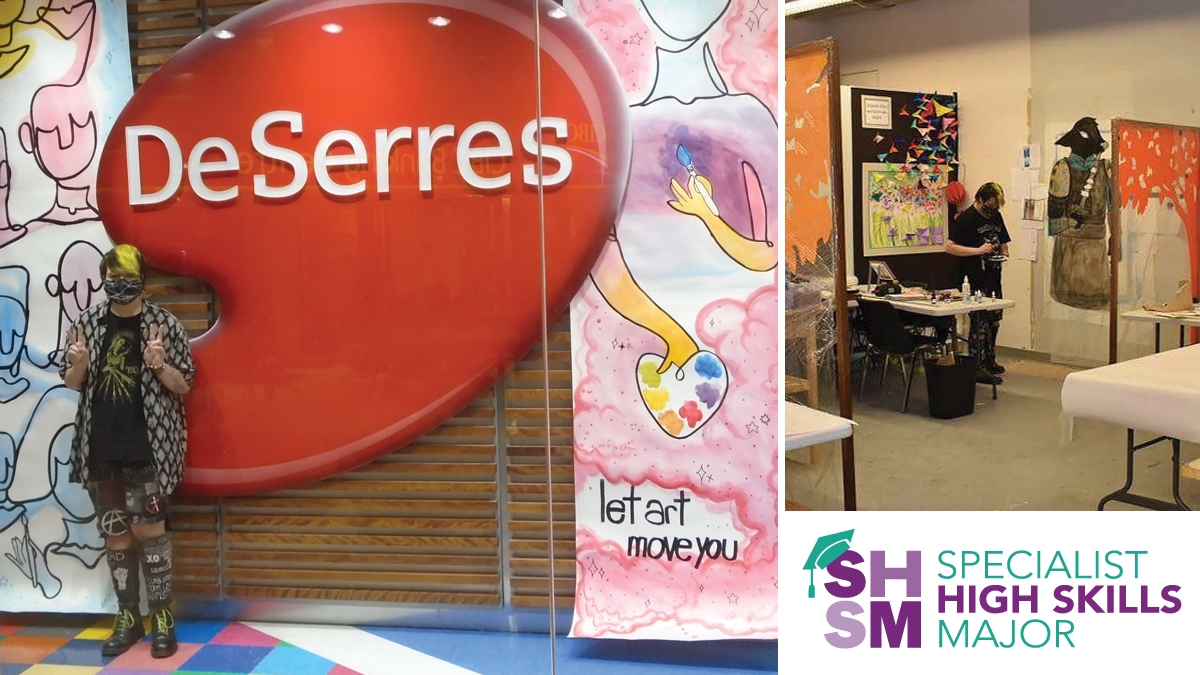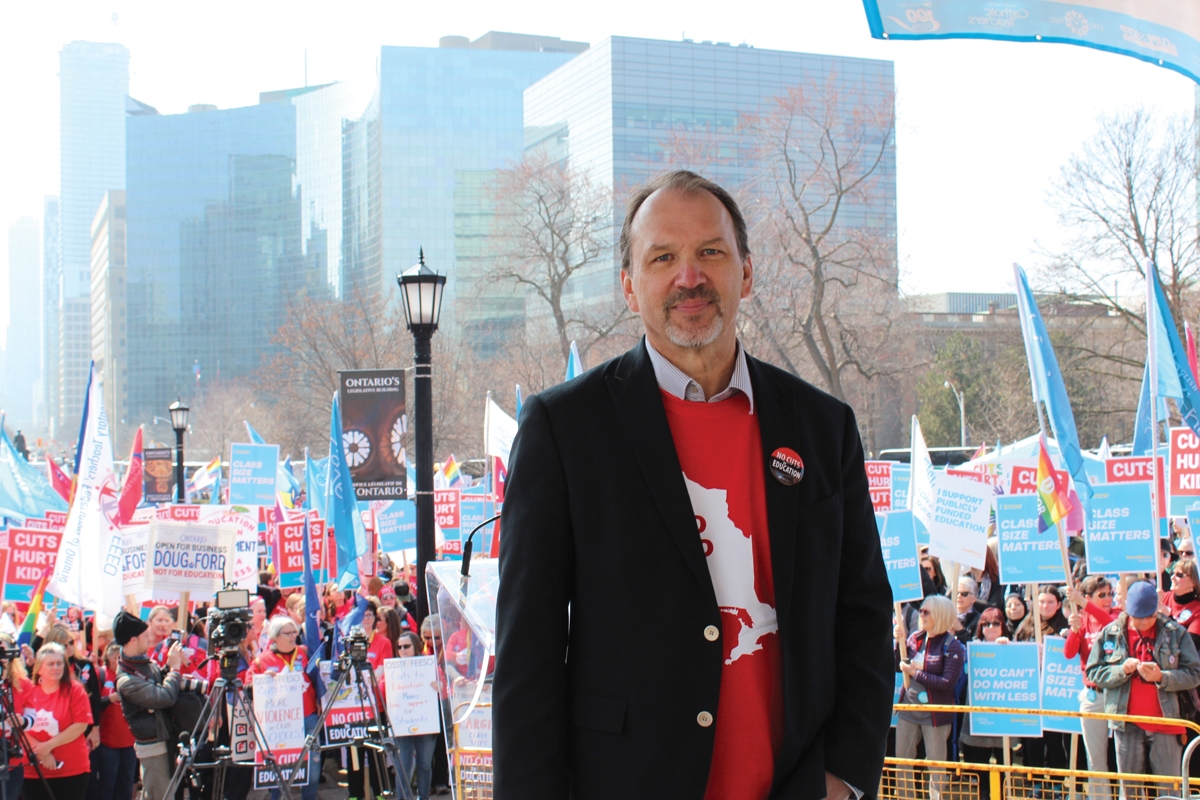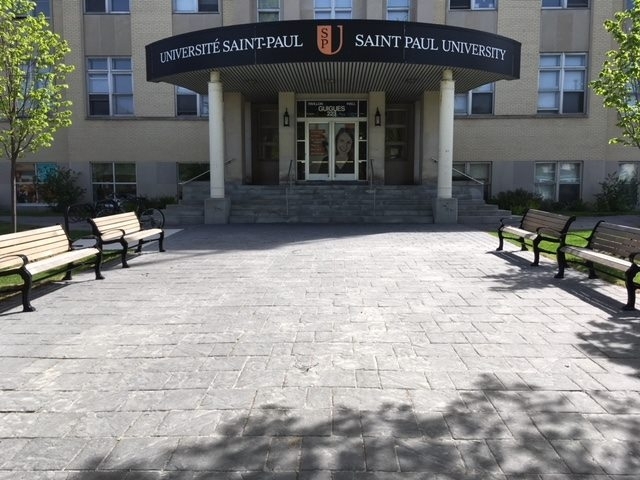
Becoming an Aging Society: Opportunities and Challenges
Saint Paul University is interested in issues and conditions that affect the way humans live, relate and make meaning. As a centre of higher learning, it promotes excellence in teaching, research, and professional formation as part of the local, national and international academic community. It also collaborates with diverse faith communities and socio-cultural organizations to respond to the challenges presently confronting Church and society. One of the challenges we are currently facing on a global scale is that of an increasing aging population.
Statistics Canada reports that as of July 2015, Canada officially became an aging society. That means there are more people 65 and over than 15 and under. The report tells us that the cohort of people 65 will continue to grow at a pace of four times faster than the population at large over the next twenty years. While many European and some Asian countries are already aging societies, for Canadians this is a unique period of our history. Sometimes called the “silver tsunami”, this dramatic shift to an aging demographic affects many aspects of human living both personally and collectively. Every aspect of our society will be affected by this new situation: the economic, social, political, corporate, psychological, ethical, spiritual and religious. The assumptions and values that underlie our public and economic policies, caregiving and institutional practices, as well as our ordinary daily living are being called into question as we attempt to cope with this new situation.
Becoming an aging society provides us with opportunities and challenges. Much media attention is given to a rather pessimistic view of this reality with a focus mainly on its financial impact. However it is much more! Unless we take a good look at the big picture and at what is really going on in the different sectors, we risk misinterpreting and misusing all kinds of resources in a situation we do not understand and cannot sustain. Sustainability depends both on a realistic acknowledgement of limited resources and a confidence in our human ability to create anew as we seek to adapt to the realities of aging in a Canadian society that is diverse and pluralistic. We have an ethical and moral obligation to respond to this situation that takes into account the welfare of all. Socially responsible citizenship demands nothing less. We need to reframe our ways of viewing this reality in order to reason more clearly, perceive unintended consequences, and understand the rationale for the complex decisions that affect all sectors of society.
The many disciplines in the Humanities and Social Sciences programs at Saint Paul University provide a rich learning and research environment in which to critically and creatively explore the many issues related to the issue of becoming an aging society. Over the past year, a core research team has been planning for a conference on this issue for September 2016. Planning has involved consultation meetings with professionals from a number of organizations who are engaged in practices and policy-making that affect the aging population in a variety of sectors in the surrounding community. These consultations have allowed us to reflect on questions of justice and inclusivity for the aged, their families and their caregivers in areas of health care, spiritual care, housing, education and community services. It is becoming clear that attending to such questions calls for building hospitable environments in which difference is openly welcomed as opportunities for learning, growing, and determining appropriate courses of action. We believe this situation provides an opportunity to build and strengthen hospitable communities in which our human needs and gifts are welcomed and shared. Such communities are the face of change.
Lorraine Ste-Marie is associate professor in the School of Transformative Leadership and Spirituality in the Faculty of Human Sciences.
Patricia Marsden-Dole is a graduate of the Doctor of Ministry Program and community collaborator.
Monique Lanoix is associate professor in the School of Public Ethics in the Faculty of Philosophy.













